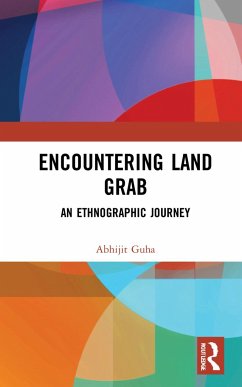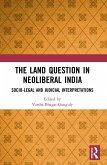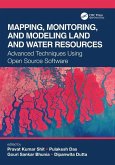Taking possession of private land for 'public purpose' by the eminent domain of the state is a global phenomenon, but it displaces and marginalizes the people at the local-level. The researchers have mainly dealt with this phenomenon either from the field, or from the archive. In this book, the author has studied the observable fact of land grab, or acquisition for industries in a particular locale of the West Bengal State by combining the field and archive in a unique mode through a multi-sited ethnographic 'journey'. Unlike the traditional anthropological ethnographies consisting of single 'tribes' or 'multi-caste villages', this vertical ethnographic voyage of the author led him to come across a group of dispossessed peasants in the villages, a bunch of files in the district land acquisition department, a rich text of proceedings in the West Bengal Assembly Library, the growing global literature on land grab, and also to reflect on his dialogues with the elected members ofthe parliamentary standing committee at New Delhi. Ethnography, for the author was the road map, which guided his journey in these apparently separate existential domains of land acquisition and throws new light on how development policies are made, and how they failed, and what were the lessons learnt.
Please note: Taylor & Francis does not sell or distribute the Hardback in India, Pakistan, Nepal, Bhutan, Bangladesh and Sri Lanka.
Please note: Taylor & Francis does not sell or distribute the Hardback in India, Pakistan, Nepal, Bhutan, Bangladesh and Sri Lanka.








